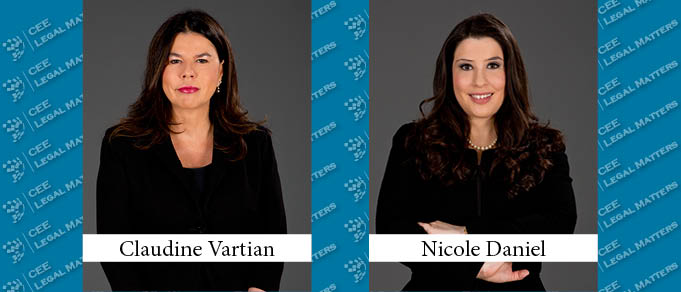Approximately two and a half years ago, online gambling providers started being sued by their customers, in various courts in Austria and Germany, demanding reimbursement for their losses by arguing that these services are offered illegally. This article will highlight some of the main issues surrounding these claims.
The Austrian Gambling Act holds that only licensed companies are allowed to offer gambling. Accordingly, the offering of these services by foreign companies in Austria under a foreign license is considered illegal, entitling the foreign company’s customers to reclaim their gambling losses (apart from sports betting, which is subject to provincial law and therefore cannot be reclaimed).
In terms of liberalization, the European gambling market has changed a lot over the past twenty years. While most EU member states either had no dedicated regulations for online gambling or only state-owned online gambling monopolies, nowadays the multi-licensing system has been adopted by nearly all EU member states.
Austria, however, still holds on to a strict licensing system, whereas Germany is currently liberalizing the gambling market. In mid-2021, a new edition of the Interstate Treaty came into force, which regulates four categories of betting products: online casino table games, virtual (online) slots, online poker, and sports betting. The new law has a series of player safety measures in place, with the aim of protecting vulnerable players, preventing underage gambling, and combating problem gambling behavior.
Hungary abolished its monopoly recently. In the process of liberalizing the Hungarian online gambling market, the system was gradually changed from a monopoly to a licensing system. Austria, on the contrary, assigned the only available license to the partly state-owned operator win2day, leading to a de-facto-monopoly in Austria.
Foreign operators holding a license from another EU member state, such as Malta, offer their services in Austria based on the freedom of services the EU provides. As Austria is a member state, the applicability and supremacy of EU law are a given. The main issue here is that the de-facto-monopoly in Austria violates the freedom to provide services, and restrictions on fundamental freedoms are only possible under special circumstances.
The tension was reviewed by the Austrian Constitutional Court, which ruled in 2016 that the restrictions of the Austrian law are justified and adequate to reach their intended objectives, such as preventing excessive incentives to attract more players. Limited licensees can be monitored more effectively and therefore serve the aim of player protection. Therefore, Austrian civil courts currently base their judgments solely on the aforementioned Constitutional Court judgment, without assessing whether the situation has changed since then.
The main aspect that is being disregarded by the courts is that the shareholder structure of the Austrian lotteries has changed significantly over the past years. It is majority-owned by CASAG, which in turn is majority-owned by a Czech company through complex structures. The monopolist has been pursuing aggressive advertising practices to increase its large profits in recent years. These practices are not in line with advertising practices in the member states, with a licensing system and strict sector-specific rules. Accordingly, the protective purpose with which the licensing system was justified is thus thwarted, and new target groups are lured into gambling. Nevertheless, Austrian courts continue to adhere to the outdated line of jurisprudence. Neither do they review whether there is a comparable situation to 2016, nor do they examine the monopolist’s advertising behavior.
Further issues that arise in these claims which are based on unjust enrichment are that the statute of limitation amounts to 30 years and even the claimant’s knowledge of the alleged “illegality” of the offering does not impair the claim. Moreover, poker game losses in a multiplayer modus are to be reimbursed by the online gaming provider, even though the provider has never been enriched in the amount of the total loss, but only in the amount of a so-called table fee. In addition, the Austrian state profits from the court costs in these proceedings, and where these costs are supposed to be partially refunded, this currently takes up to several months.
It remains to be seen whether both the flawed case law as well as the problematic license system in this particular form can be maintained in Austria.
By Claudine Vartian, Country Managing Partner, and Nicole Daniel, Counsel, DLA Piper
This Article was originally published in Issue 9.8 of the CEE Legal Matters Magazine. If you would like to receive a hard copy of the magazine, you can subscribe here.

















